On Thursday, a 60-year-old Japanese crime boss appeared in a New York court to respond to charges that he helped traffic illicit material from Myanmar to Thailand. You might expect this to be a story about the Southeast Asian drug trade – it’s a vibrant business after all. In fact the supposed Yakuza boss, Takeshi Ebisawa, was allegedly caught trying to supply uranium and weapons-grade plutonium to an undercover DEA agent purporting to know a general in Iran.
Already a subscriber? Log in
Subscribe for just $2 a week
Try a month of The Spectator Australia absolutely free and without commitment. Not only that but – if you choose to continue – you’ll pay just $2 a week for your first year.
- Unlimited access to spectator.com.au and app
- The weekly edition on the Spectator Australia app
- Spectator podcasts and newsletters
- Full access to spectator.co.uk
Or

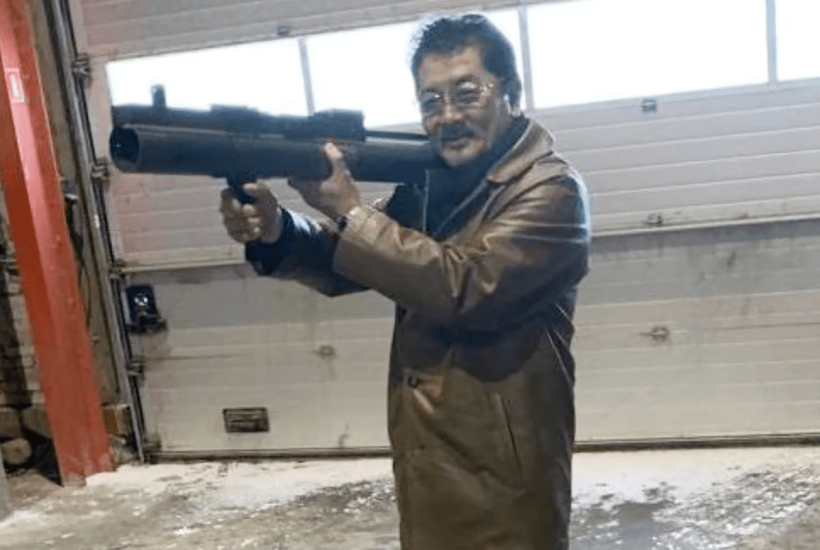
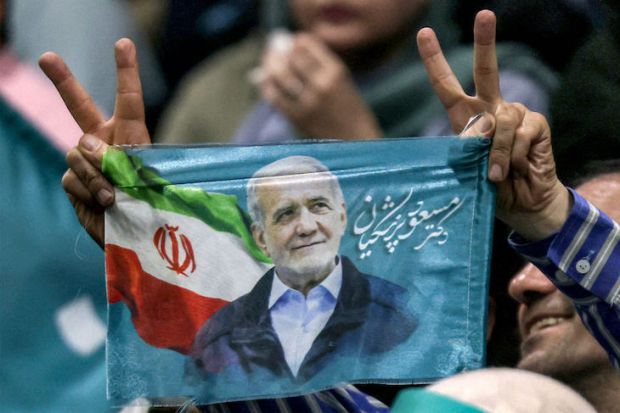
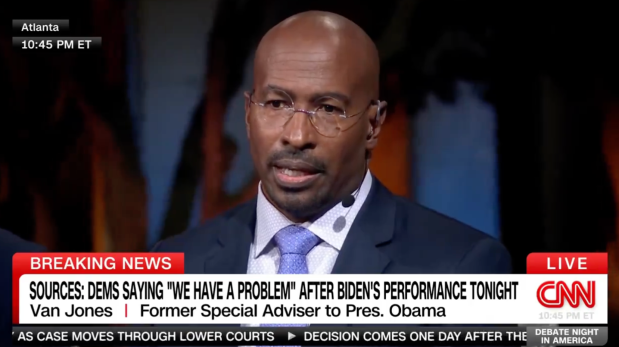
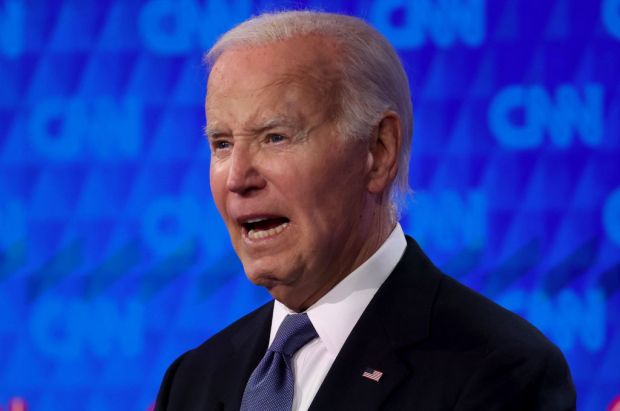
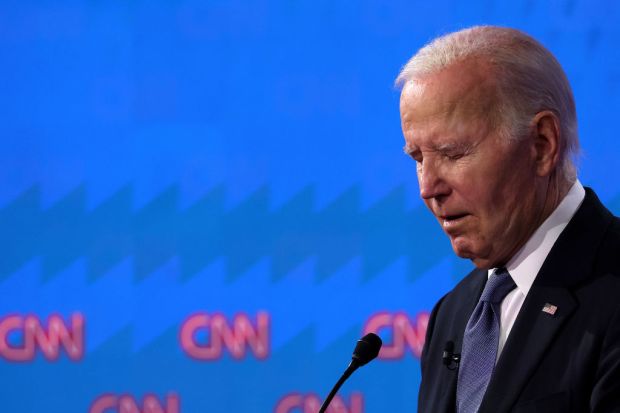
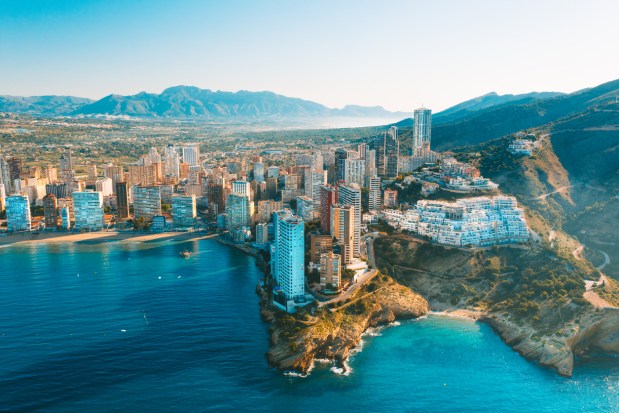
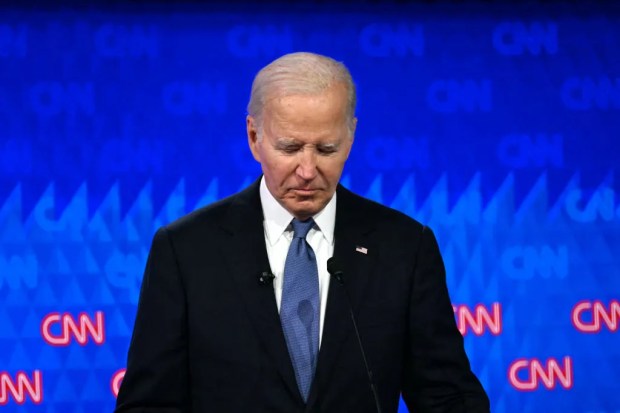












Comments
Don't miss out
Join the conversation with other Spectator Australia readers. Subscribe to leave a comment.
SUBSCRIBEAlready a subscriber? Log in